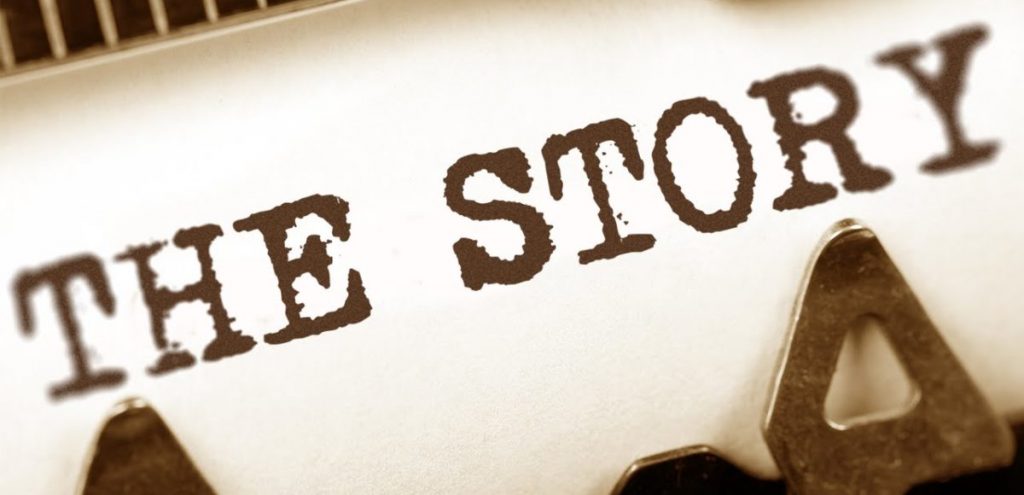
The older I get the more I recognise the power of story and storytelling.
Take a look at the world in the last few years and the stories that were successfully told:
- The story Trump told the blue collar workers in the ‘rustbelt’ states in the US during the 2016 presidential election
- The story Boris Johnson, Nigel Farage and colleagues told to the public in the United Kingdom during the Brexit referendum
Perhaps you have told a compelling story yourself in the last few years. Maybe you have been telling one all your life.
We tell stories to persuade and influence. Stories are powerful and the human mind is particularly receptive to story.
The story we tell ourselves, our family, our friends and colleagues, the Workplace Relations Commission, the Labour Court, Civil Court, Criminal Court, our boss, our schoolteachers, the voter is a powerful tool in whether we will succeed or not.
And when it comes to a dispute, regardless of the venue in which it will be held, the dispute can be boiled down to at least two competing versions of events-two stories.
Whose story will prevail? Whose story is the most compelling? Whose story will the adjudicator ‘prefer’?
I was at an excellent event recently UCD. It was a competition for PhD students to explain in plain language, to a lay audience, the research they were carrying out.
This is not an easy task given the level of complexity of much of the research, and the associated language and science vocabulary.
After each presentation the expert panel of judges asked a few questions of each of the PhD students. One young man presented his interesting research on feeding cocaine to rats as part of a project to look into cures for addiction.
One of the questions from a judge was how the student would persuade industry/business get involved and finance further research into an apparently exciting area. The reply of the student, who would have had no forewarning of the questions, replied, “I would show them the data”.
However, I fear that was the wrong answer because data alone won’t sell anything; story, combined with data, will do the trick, however.
Story is one of the most powerful, and underutilised or badly applied, tools we have at our disposal. We need to use it wisely.
And the first story we need to concern ourselves is the story we tell ourselves.
P.S. Proud to write that my daughter, Rebecca, won that competition.
1 comment